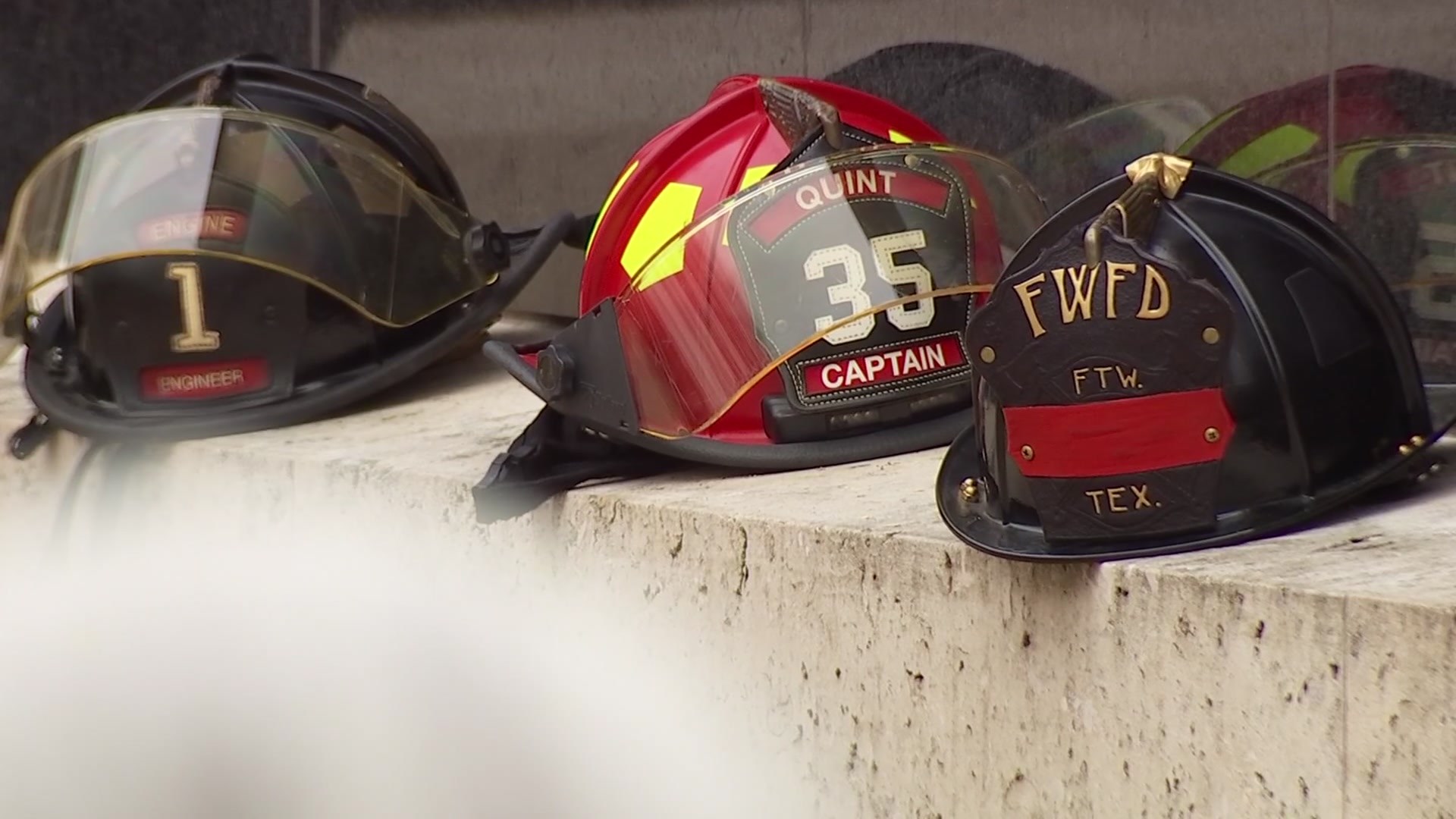An affordable housing project aiming to help families experiencing homelessness is moving forward in Fort Worth.
The project, to be known as “Case de Suenos," will convert the 83-room Express Inn off West Freeway into 55 units of permanent supportive housing. Mary-Margaret Lemons, president of Fort Worth Housing Solutions, said it will be mainly two- and three-bedroom units.
“Not only will it be housing it will also be wrap-around services. So, we work with our community to provide healthcare, mental healthcare, education, job training, all of the things that will help that family get stable and thrive,” Lemons said.
According to the City of Fort Worth, there were 200 homeless families in the last quarter of 2022. By comparison, there were about 130 homeless families in the last quarter of 2021.
Get top local stories in DFW delivered to you every morning. >Sign up for NBC DFW's News Headlines newsletter.
The project can be an important step in revitalization for the Las Vegas Trail neighborhood, Lemons said.
CITY OF FORT WORTH
“This is a location that really struggled. It’s been kind of an epicenter of a lot of things in that neighborhood that weren’t necessarily positive. So, for us to be able to remove that and bring it quality, affordable housing that is going to be a solution for these families is really going to be life-changing,” she said.
The project will cost nearly $12 million. Tarrant County Commissioners approved a commitment of $8 million on Tuesday.
“I think the folks over at the Las Vegas Trail and the corridor, they’ve been looking for having some revitalization for a long, long time. More than that, I think the community at large, Tarrant County and Fort Worth, can be confident in this court that leadership, nonprofit really does care about every single corner of this community,” Precinct 4 Commissioner Manny Ramirez said. “This project in particular is a win-win-win. You don’t find this often.”
According to Lemons, the city is expected to provide about $2 million in funding. She said she is confident the remaining $1.9 million gap will be filled through local foundations, nonprofits, and grants.
Construction is expected to take about 10 months and they're hopeful families could potentially move in by spring 2024.




